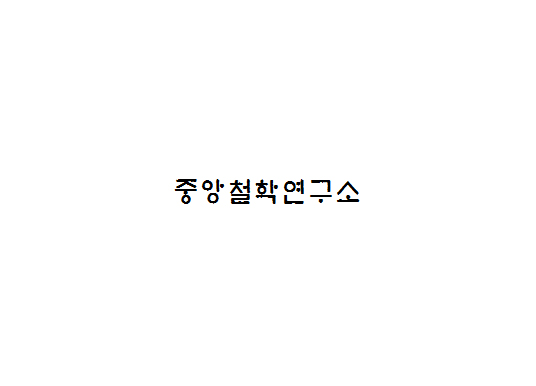시간의 초월적 관념성에 대한 람베르트, 슐츠, 멘델스존의 반론과 칸트적 대응
The Objections of Lambert, Schults, and Mendelssohn to the Transcendental Ideality of Time and Possible Kantian Defenses
본 논문은 시간의 초월적 관념성에 대한 람베르트, 슐츠, 멘델스존의 반론을 분석하고, 『순수이성비판』의 감성학 §7에 제시된 칸트의 대응을 고찰하는 것을 목적으로 한다. 논문의 2장에서는 람베르트, 슐츠, 멘델스존의 반론을 상세히 검토하고, 람베르트와 슐츠의 반론은 유사한 논증에 근거하고 있으나 멘델스존의 반론은 이들과 다른 논증에 근거하고 있음을 밝힐 것이다. 이어 3장에서는 반론자들에 대한 칸트의 대응을 살펴보고, 감성학 §7에 제시된 칸트의 대응은 람베르트와 슐츠의 반론에 대해서는 유효하지만, 멘델스존의 반론에는 유효하지 않음을 보일 것이다. 이어 4장에서는 초월적 감성학에 기반하여 멘델스존의 반론에 대한 칸트적 대응을 제시할 것이다. 이 과정에서 시간이 내감의 형식이며, 초월적으로 관념적이고 경험적으로 실재적이라는 테제의 의미가 더 분명해질 것이다.
This paper aims to analyze Lambert, Schultz, and Mendelssohn’s objections to the transcendental ideality of time and examine Kant’s response as presented in the Aesthetics §7 of the Critique of Pure Reason. Chapter 2 of the paper will provide a detailed examination of the objections raised by Lambert, Schultz, and Mendelssohn, revealing that Lambert and Schultz’s objections are based on similar arguments, while Mendelssohn’s objection is founded on a different argument. In Chapter 3, Kant’s responses to these objections will be scrutinized, showing that while Kant’s response, presented in the §7 of Aesthetics, is valid against the objections of Lambert and Schultz, it is not effective against Mendelssohn’s objection. Chapter 4 will then present two possible Kantian defenses to Mendelssohn’s objection through the transcendental Aesthetics. In this process, the implications of the thesis that time as a form of inner sense is transcendentally ideal and empirically real will become clearer.
중앙대학교 중앙철학연구소
서울시립대학교 강지영

